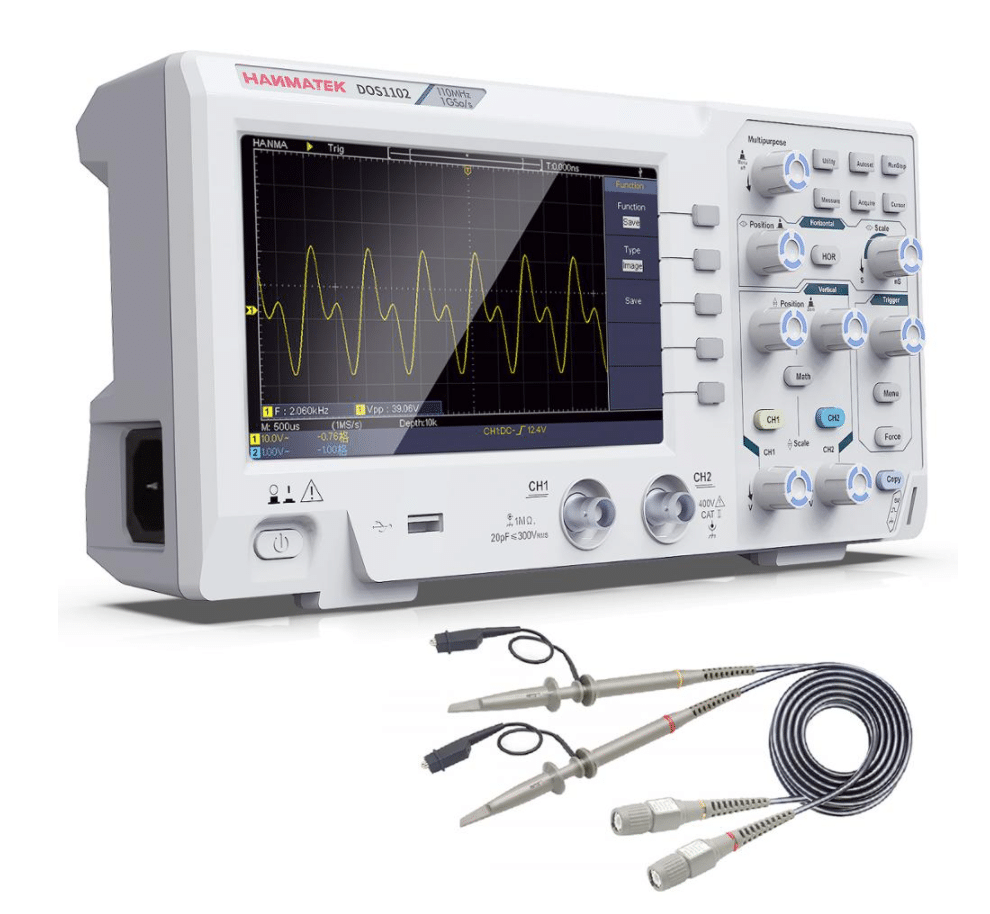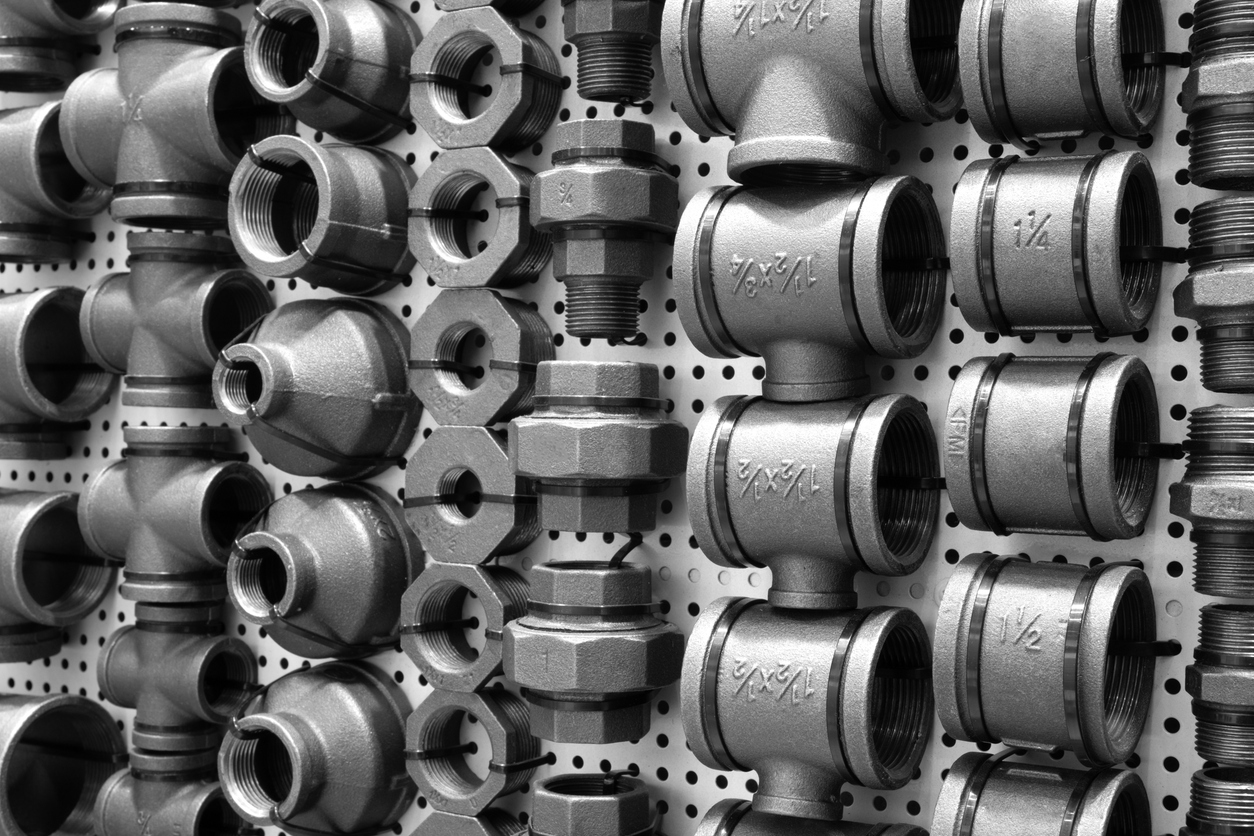Electrical and electronics supplier in Nigeria: Wigmore Trading
Electrical and electronics supplier in Nigeria: Wigmore Trading
Image Source: Flickr
Nigeria is a growing economy, and the manufacturing sector is one of its key drivers. This, coupled with the general rise in demand for electrical and electronics goods in African markets, has resulted in a surge of manufacturers focusing on local production. The electrical and electronics industry in Nigeria is fragmented but growing fast. Businesses that supply electrical or electronics components account for a large portion of this market. These businesses may also offer services such as design, testing, installation, maintenance, repair and rig monitoring services along with the sale of raw materials or final products. Common types of suppliers within this sector include:
Electrical Equipment and Supplies:
Electrical equipment is any machine, device, or system that produces or controls electricity. Electrical equipment can be powered by a source that is outside itself (off-grid), or it can be self-powered by the flow of electricity through an internal source of energy (on-grid). Electrical equipment can be used in a variety of applications, such as power generation, transmission, distribution, control systems, signal processing and telecommunications. Electrical equipment includes appliances and electromechanical systems, such as electric motors, lights and pumps. Electrical equipment also includes electrical systems that transmit or distribute electrical energy for fuel, heat, control, signal and communication purposes. Transformers, capacitors, resistors, current-carrying conductors, voltage-carrying conductors and insulators are a few examples of electrical equipment.
Electronics Equipment and Supplies:
The electronics industry is segmented into two main areas: the production of electronic equipment (devices or systems) and the manufacturing of electronic components. Electronic equipment is the main product of the electronics industry. This includes products such as computers, televisions, microwaves and automobiles. Components are items that are used in a bill of materials to manufacture a product. Electronic components are raw materials that include semiconductor devices, resistors, capacitors, inductors, plugs, connectors, boards, wires and other miscellaneous items. Electronic components are used in the production of electronic equipment, such as computers, cellular phones and televisions. Electronic components are often produced in a factory setting while electronic equipment is often manufactured in a factory setting or a manufacturing plant. Electronic components are also used in the construction industry.
Electronic Manufacturing Services:
Electronic manufacturing services (EMS) are the outsourcing of electronic component and equipment manufacturing to a third party. Companies that provide electronic manufacturing services act as a third party supplier to companies that design and manufacture products that use electronic components. Electronics manufacturing services companies provide a wide range of services such as Printed Circuit Board Assembly (PCBA), printed circuit board (PCB) design, PCB design and layout, design for manufacturing, design for reliability, design for testability, design for environment, design for safety, design for sustainability, design for flexibility, design for sourcing, design for yield, design for throughput, design for security, design for quality, design for serviceability, design for safety and design for sustainability. Electronics manufacturing services companies provide the design and manufacturing of electronic equipment, PCBs and other electronic components. Some companies provide design and manufacturing services while other companies only provide design services.
Electronic Component Manufacturers:
An electronic component is a discrete device used either in the generation, control or use of electrical or electromagnetic signals, or in the sensing or control of some other kind of physical quantity. Electronic components are used in electrical and electronic equipment to provide or exchange electrical power or to transmit data or other information. They may be either passive, meaning they do not have an internal source of energy, or active meaning they have their own source of energy. Electronic components are commonly manufactured at a centralized location and transported to the end-user for final assembly. Examples of these components include resistors, capacitors, inductors, connectors, fuses, switches, transformers and circuit breakers. Electronic component manufacturers provide a wide range of products such as semiconductors, discrete components, power components, electro-mechanical components, sensors, energy harvesting components and interconnect products.
Key Challenges Facing Supply Chain Players in Nigeria:
The Nigerian manufacturing industry is the most diversified in Africa, with a strong presence in the Textiles, Apparel, Footwear and Leather sectors. The country is also home to some of the world’s largest cement factories, a thriving pharmaceutical industry, and a rapidly growing car manufacturing sector. In terms of the supply chain in Nigeria, the logistics sector is fragmented and underdeveloped. This is attributed to the inefficient transport infrastructure and lack of investment in the sector by the government. The lack of investment in the logistics sector has led to long delays in shipments, and has also resulted in higher costs of transportation. The long waiting times and high costs of doing business in Nigeria have, in turn, discouraged investors from setting up new manufacturing plants in the country, or from expanding their existing operations, resulting in a shortage of supply chain players in the country.
Wigmore Trading Company Ltd.
Wigmore Trading and Wholesale distribution Company Ltd. (Wigmore) is a Nigerian manufacturer of Electrical and Electronic Products. The company manufactures, designs, distributes and sells a wide range of products such as transformers, generators, motors, circuit breakers, solenoid valves, power switches, bus bars, control panels and other related products. Wigmore also provides services such as design, testing, installation, maintenance and rig monitoring related services. The company’s products are used in the oil and gas industry, power generation, construction, industrial and communication sectors. Wigmore has a state of the art facility located on the outskirts of Abuja, Nigeria. The company has an annual production capacity of around 15 million units.
Conclusion
Electrical and electronics manufacturers in Nigeria are likely to see an increase in demand for their products, as the economy grows and more manufacturing plants are established in the country. The electrical and electronics supply chain in this country is fragmented, but it is growing; and more suppliers are expected to emulate the success of Wigmore, which has a strong presence in the sector and a loyal customer base.








LEAVE A COMMENT
You must be logged in to post a comment.